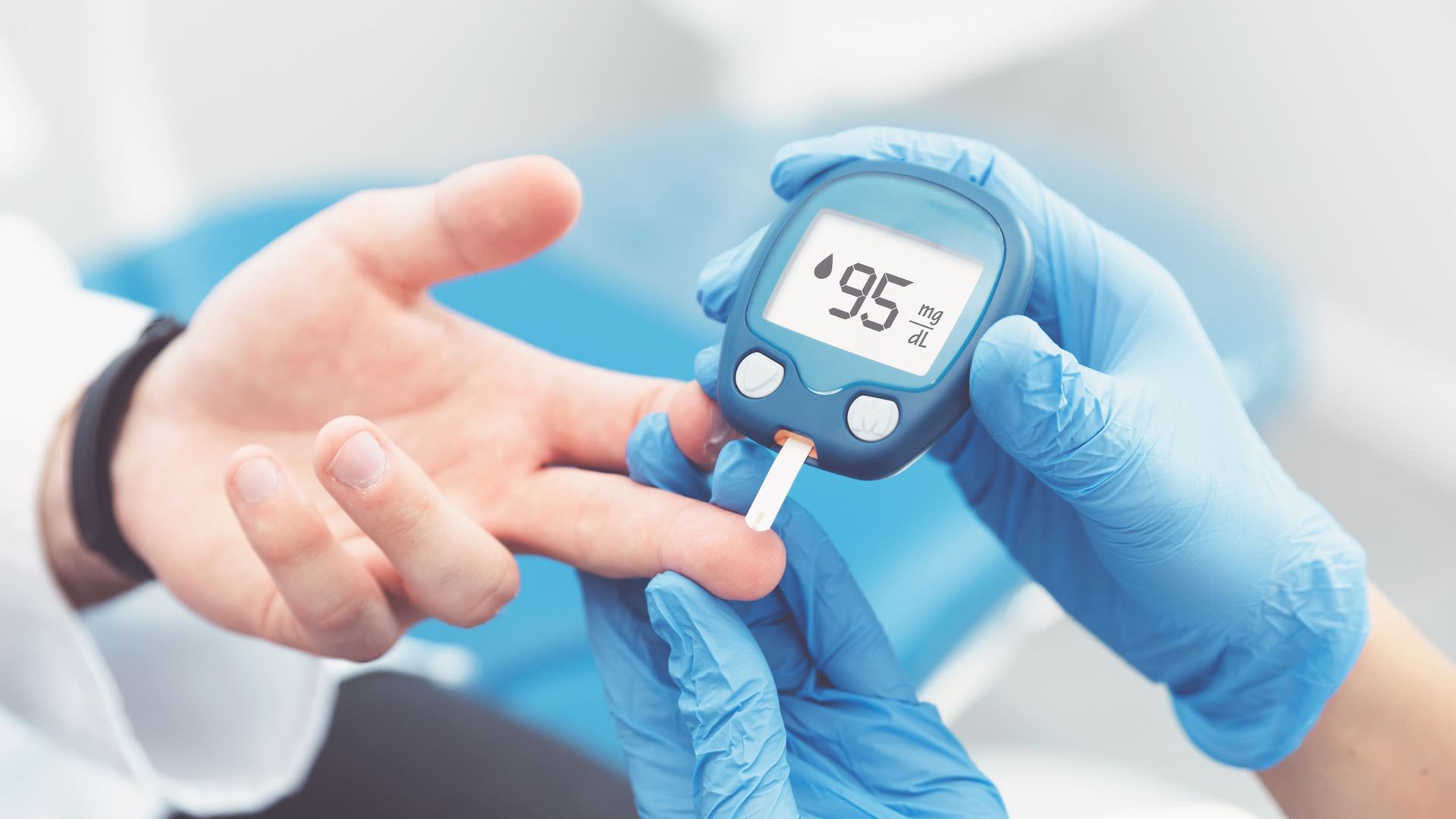Resources
Learn More About Diabetes
Diabetes FAQs
What is Diabetes Mellitus?
Diabetes mellitus is a chronic metabolic disease that occurs when the body cannot use glucose for energy, resulting in elevated blood glucose levels.
What are the symptoms of diabetes?
Many people do not have symptoms. Those who do often experience:
- Frequent Urination: The kidneys react to excess sugar by flushing it out of the blood, creating more urine.
- Blurred Vision: The rapid changes in blood sugar levels can damage the capillaries in the eyes, putting a strain on the eye’s muscles. The eye muscles end up having to work harder to focus the lens of the eye, causing blurred vision.
- Fatigue: The body uses glucose as a source of energy. When the body has excess sugar, it can't convert enough of it, leaving you tired.
- Slowed Healing of Cuts and Wounds: Unusual amounts of glucose can damage the blood vessels and nerves, interfering with blood circulation.
- Increased Hunger and Thirst: Since the body flushes glucose out through urination, this leaves the body hungry and dehydrated.
- Unexplained Weight Loss: When the body cannot convert glucose to energy, it begins using fat and muscle as energy, resulting in weight loss.
What is Type 1 Diabetes?
Type 1 diabetes is an autoimmune disease that is commonly diagnosed in childhood, but can be developed at any age.
Causes: Type 1 diabetes is caused by the pancreas not producing any insulin.
Risk Factors: People at risk for developing type 1 diabetes include those with a family history of diabetes, injury to the pancreas, physical stress, and/or the presence of autoantibodies.
What is Type 2 Diabetes?
Type 2 diabetes is a chronic condition that affects the way the body processes sugar.
Causes: In type 2 diabetics, the body either doesn't produce enough insulin or doesn't respond properly to the insulin it produces.
Risk Factors: People at risk for type 2 diabetes include those who have high blood pressure, unhealthy eating habits, and/or people over the age of 45.
What is Gestational Diabetes?
Gestational diabetes is a form of diabetes that affects pregnant women.
Causes: Gestational diabetes is caused by a buildup of sugar in the blood due to hormones produced by the placenta.
Risk Factors: Women at risk for gestational diabetes include those who are overweight, over the age of 25, and/or have had a miscarriage.
How many people have Diabetes?
37 million people in the United States have diabetes.
537 million people in the world between the ages 20 - 79 have diabetes.
783 million people are estimated to have diabetes by 2030.
240 million adults with diabetes that are undiagnosed.




